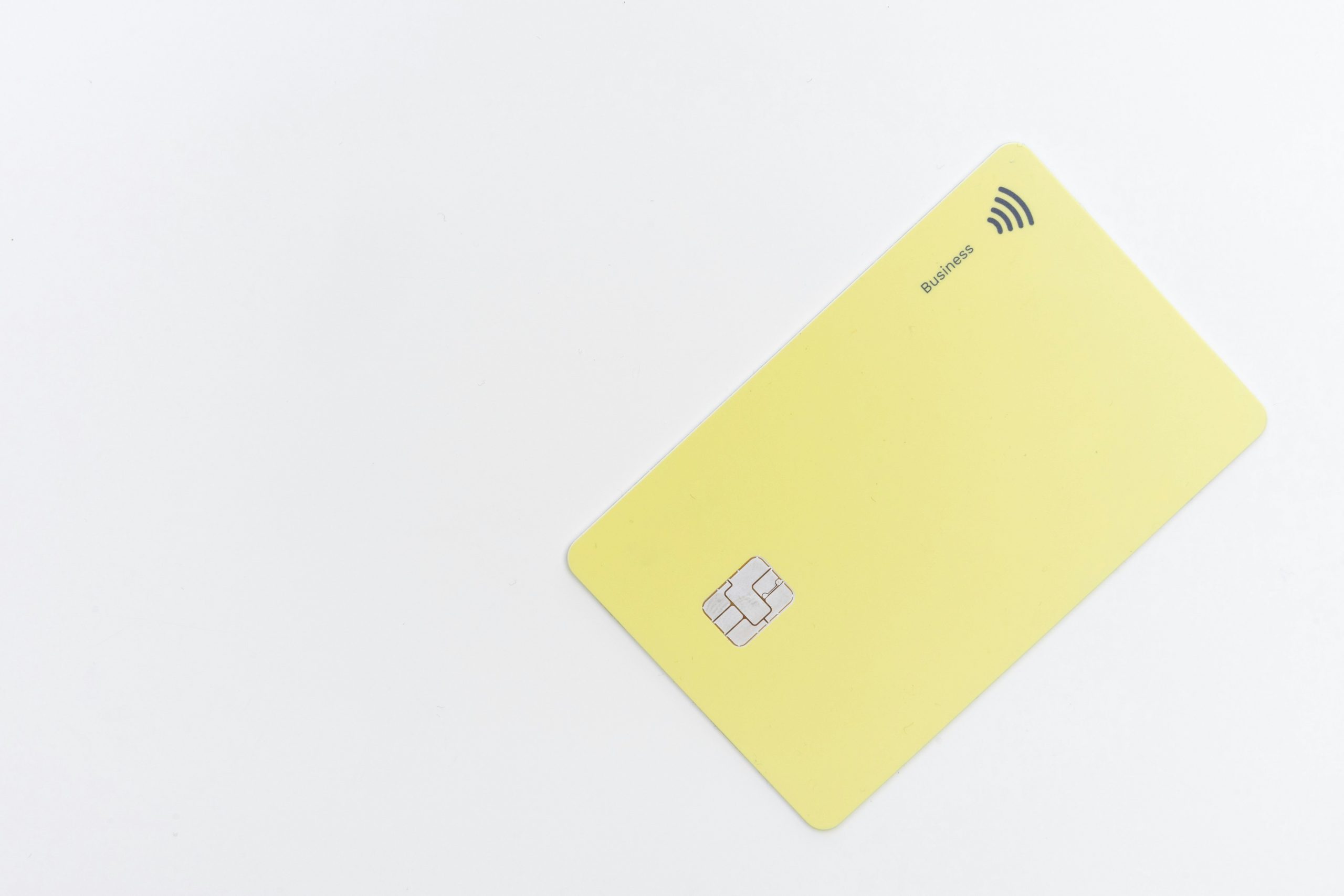GSR Secures UK FCA Approval, Expands Regulated Crypto Services
GSR has obtained dual regulatory approval in the UK and Singapore, broadening its crypto trading services for institutional clients.

Enhanced security and efficiency: Tokenisation, which involves replacing sensitive data with unique identification symbols, improves security by reducing the risk of fraud. Mastercard and the partnering banks aim to create a more secure and efficient payment ecosystem by leveraging this technology for settlement trials.
Digital transformation acceleration: The collaboration underscores a collective effort towards embracing digital transformation within the financial sector.
Potential for industry-wide adoption: Successful trials could pave the way for broader adoption of tokenised settlements.
In a move to enhance the efficiency and security of financial transactions, Mastercard has teamed up with prominent United States banking giants to pioneer trials in tokenised settlement.
This collaboration marks a significant step forward in digital payments, promising streamlined processes and fortified security measures. Mastercard’s move was to test the use of distributed ledger technology for banking settlements using tokenisation. This partnership between the banking giants and the payment processor suggested that it aims to test a shared-led technology called Regulated Settlement Network (RSN), which enables tokenised assets such as Treasury, investment-grade debt instruments, and money from commercial banks to be settled collectively.
The tokenised settlement represents a paradigm shift in conducting financial transactions, leveraging blockchain technology to tokenise traditional assets. This process converts assets into digital tokens, each with a unique identifier securely recorded on a blockchain network. This methodology facilitates instant and secure transfers, eliminating the need for intermediaries and reducing transactional complexities. Securities such as investment-grade debt and money from commercial banks are said to function on different systems. RSN suggested that settlement procedures will occur on a single platform by converting various assets into tokens and settling them on a distributed ledger. The trial phase started in late 2022 and expanded to a 12-week pilot phase. Reports suggested that ongoing proof-of-concept (PoC) RSN trials are focused on stimulating settlements in the US dollar.
Mastercard’s alliance with leading US banking titans underscores its commitment to spearheading innovation in the payments landscape. By joining forces with industry giants, Mastercard aims to harness the potential of tokenised settlement to revolutionise how transactions are settled, facilitating a more seamless and secure financial ecosystem. This partnership assembles the resources and expertise of key stakeholders to drive forward-thinking solutions that address the progressing needs of consumers and businesses alike. According to a Mastercard statement, the project is focused on increasing the efficiency of cross-border settlements and reducing the chance of error and fraud. Head of Blockchain and Digital Assets at Mastercard, Raj Dhamodharan: “The application of shared ledger technology to dollar settlements could unlock the next generation of market infrastructures — where programmable settlements are 24/7 and frictionless.”
The trials conducted by Mastercard and its banking partners are poised to achieve several key objectives, yielding a myriad of benefits for stakeholders across the financial spectrum. One primary goal is to streamline settlement processes, reducing the time and complexity associated with traditional methods. By leveraging tokenisation and blockchain technology, transactions can be executed faster and more efficiently, enhancing overall operational efficiency.
According to the RSN PoC, two significant additions to the participating banking institution have been made. Interbank tokenised deposit networks — USDF Consortium will be a direct participant, and the Tassat Group will be a contributor. The report suggested that Deloitte, another banking giant, will provide advisory services to the Securities Industry and Financial Markets Association (SIFMA) as the program manager.
Tokenised settlement offers enhanced security features, mitigating the risks associated with fraudulent activities and unauthorised access. The cryptographic nature of blockchain ensures tamper-proof record-keeping, safeguarding sensitive transactional data against malicious threats. This heightened level of security instils trust and confidence among participants, fostering a more resilient and transparent financial infrastructure. There are a total of 10 participating banking giants, including JPMorgan. Sift, Mastercard, TD Bank NA, US Bank, Citi, Visa, USDF, Zions Bancorp and Wells Fargo. Six more project participants will offer their subject-matter expertise, like the nonprofit MITRE Corporations, Broadridge, BNY Mellon, Tessat Group, ISDA, and the DTCC.
The collaboration between Mastercard and US banking titans heralds a new era in digital payments, with far-reaching consequences for financial transactions. As tokenised settlement gains traction, traditional payment systems will likely undergo transformative changes, ushering in a more decentralised and inclusive financial ecosystem.
The adoption of tokenisation and blockchain technology is poised to extend beyond settlements, permeating various facets of the financial industry. From asset tokenisation to decentralised finance (DeFi) solutions, the possibilities are vast and multifaceted. This shift towards digitisation and decentralisation has the potential to democratise access to financial services, empowering individuals and businesses worldwide.
The collaboration between Mastercard and US banking titans for tokenised settlement trials represents a significant milestone in the evolution of digital payments. By harnessing the power of blockchain technology, these trials aim to revolutionise settlement processes, enhancing efficiency, security, and accessibility.
GSR has obtained dual regulatory approval in the UK and Singapore, broadening its crypto trading services for institutional clients.
Metaplanet currently owns 1,762 Bitcoin and aims to boost its holdings by 467%, reaching a total of 10,000 Bitcoin.
El Salvador agreed with the IMF to make Bitcoin adoption voluntary and reduce its government's involvement in Bitcoin-related initiatives.
Ohio has become the third US state to propose legislation for incorporating Bitcoin reserves into the state treasury.